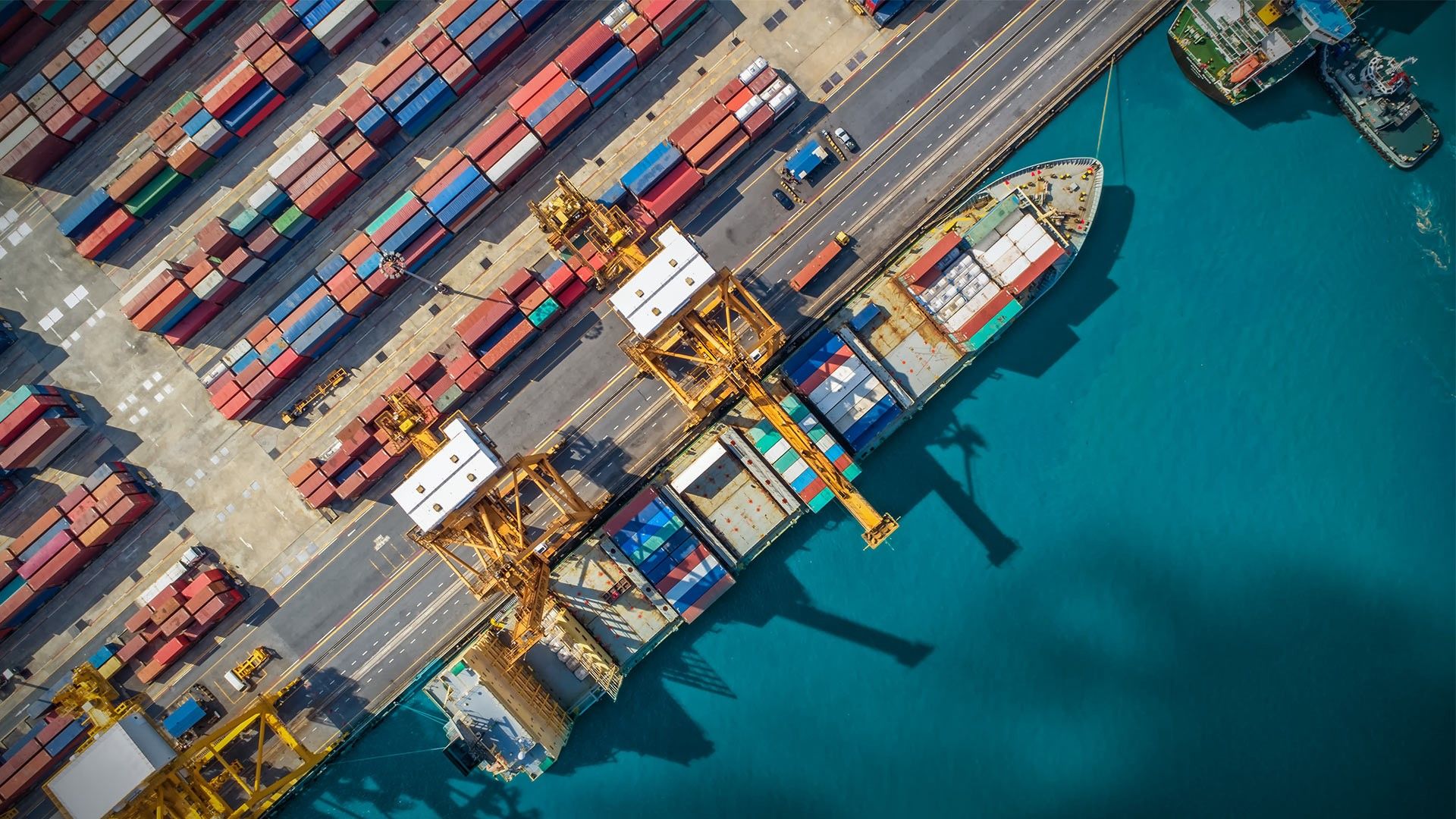Global maritime supply chains have been increasingly disrupted since the start of the Coronavirus pandemic. It will likely take some time before things return to normal. A significant proportion of the world’s shipping containers are still stuck in traffic jams due to continued shutdowns of international logistics hubs since the outbreak of the pandemic. Major global trading ports in China and the USA have been closed or had their operations significantly curtailed again and again, often because of dock worker absences due to Coronavirus. As a result, ships have to wait days to load or unload.
This is having a huge impact on companies’ entire supply chains, including delivery to end customers. Goods, products, and components are stuck on aboard ships, resulting in them arriving too late to meet delivery or production deadlines, if at all.
These problems and the impact they are having on supply chain management are further compounded by the current war in the heart of Europe.
Using Cloudification to Mitigate Supply Chain Risks
Cloud solutions have grown even more important during the global pandemic as companies increasingly move applications and parts of their IT infrastructure to the cloud, with supply chain management in particular benefiting from this trend.
Companies that adopt a strategic cloud approach are taking steps to increase transparency and agility in their supply chain and ensure they have the capacity to respond appropriately and promptly to any unexpected events such as supply bottlenecks. What this means in terms of damage mitigation in the current crisis: If supplies of key components for production are held up or not delivered at all, production planning needs to be adjusted as quickly as possible and resources re-allocated in order to limit the consequential costs of the crisis as much as possible. Additionally, customers also need to be informed ahead of time that there may be delays in fulfilling their orders.
And that’s precisely why an efficient and reliable flow of information is essential for companies who want to strengthen their agility and resilience in their supply chain through greater transparency. In its latest article “Six key trends impacting global supply chains in 2022”, KPMG focuses on the central importance of transparency within the supply chain. Leading companies are using advanced technologies to significantly improve transparency and thereby become far more responsive to major disruption and variability within their domestic, regional, and global supply chains.
In the wake of digitization and globalization, IT infrastructure requirements are rapidly increasing, with cloud platform and SaaS application technologies being strong contenders. Factors such as high flexibility and performance are increasingly success-critical. But at the same time, these requirements need to be met cost-efficiently and with limited resources. Cloud solutions also offer excellent scalability, allowing companies to increase their responsiveness in unexpected crisis situations and maintain business continuity at any volume.
Retarus Enterprise Cloud for High-Performance Business Communication
Many companies have already realized that high-performance cloud infrastructures are the basis for meeting growing requirements within the supply chain, increase company resilience during periods of high volatility, and make the best possible use of new technologies.
As a leading provider of cloud solutions, Retarus offers a comprehensive product portfolio for business communication at enterprise level, allowing companies to benefit from digital, efficient, and secure information flows. The Retarus Enterprise Cloud provides a number of powerful platforms that secure all relevant channels of business information exchange from a single source; from email and fax to SMS and EDI.
Do you want to optimize business communication for your company and gain the upper hand in the face of persistent supply chain disruption? If so, just talk to your local Retarus contact.




